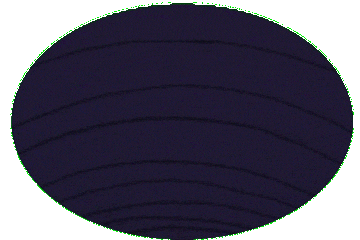VHS
VHS (Video Home System) is a discontinued standard for consumer-level analog video recording on tape cassettes, introduced in 1976 by JVC. It was the dominant home video format throughout the tape media period of the 1980s and 1990s. Magnetic tape video recording was adopted by the television industry in the 1950s in the form of the first commercialized video tape recorders (VTRs), but the devices were expensive and used only in professional environments. In the 1970s, videotape technology became affordable for home use, and widespread adoption of videocassette recorders (VCRs) began; the VHS became the most popular media format for VCRs as it would win the "format war" against Betamax (backed by Sony) and a number of other competing tape standards. The cassettes themselves use a 0.5-inch (12.7 mm) magnetic tape between two spools and typically offer a capacity of at least two hours. The popularity of VHS was intertwined with the rise of the video rental market, when films were released on pre-recorded videotapes for home viewing. Newer improved tape formats such as S-VHS were later developed, as well as the earliest optical disc format, LaserDisc; the lack of global adoption of these formats increased VHS's lifetime, which eventually peaked and started to decline in the late 1990s after the introduction of DVD, a digital optical disc format. VHS rentals were surpassed by DVD in the United States in 2003, which eventually became the preferred low-end method of movie distribution. For home recording purposes, VHS and VCRs were surpassed by (typically hard disk–based) digital video recorders (DVR) in the 2000s. Production of all VHS equipment ceased by 2016, although the format has since gained some popularity amongst collectors.
This article uses material from the Wikipedia article "VHS", which is released under the Creative Commons Attribution-Share-Alike License 3.0.
References
| Title | Summary | |
|---|---|---|
| The Doobie Brothers - Listen to the Music | ... which was released in 1999 on VHS by Vestron and on ... | |












